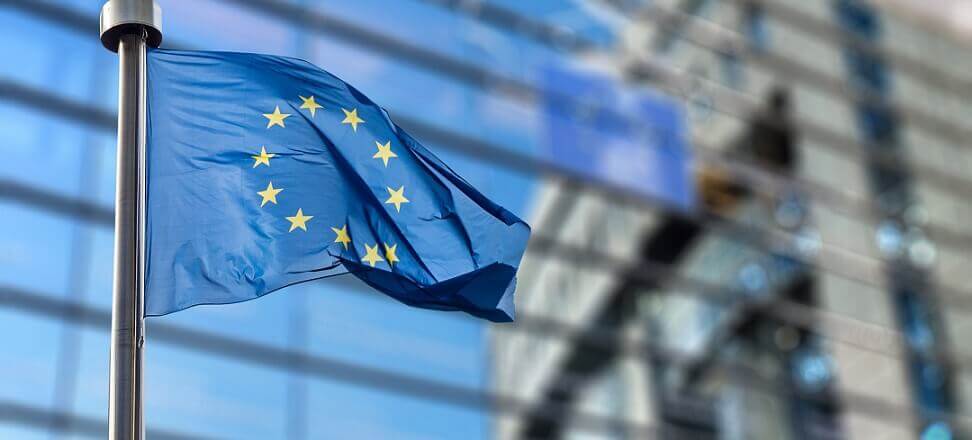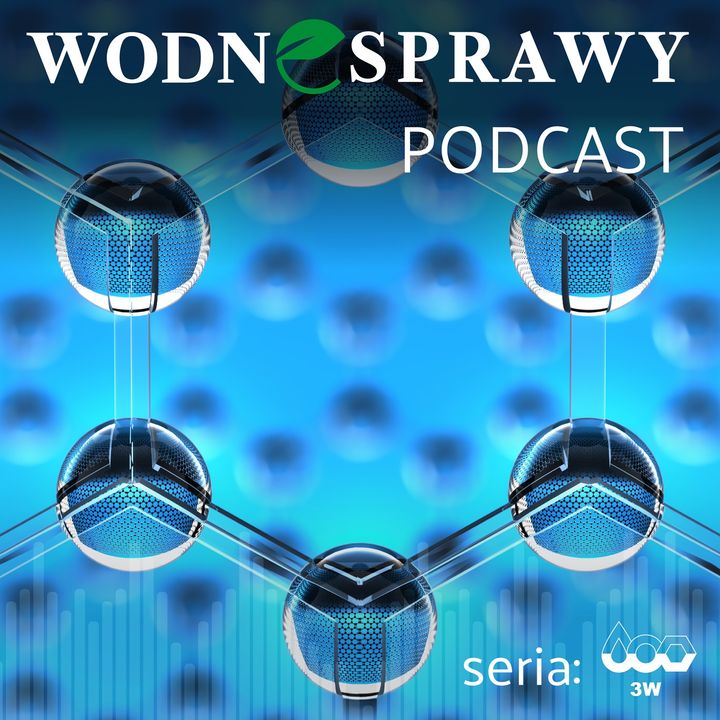In 2023. The European Commission (EC) has begun an evaluation of Directive 91/676/EEC, the so-called “Directive of the European Parliament and of the Council”. nitrate directive. Among other things, its purpose is to check whether the directive sufficiently promotes the recycling of nutrients/nutrients, including processed natural fertilizers, and the development of technologies for processing natural fertilizers, including into so-called “natural fertilizers. RENURE (REcovered Nitrogen from manURE). Fertilizers included in RENURE are obtained by physical, chemical or biological processes that result in the processing of natural fertilizers while increasing the nitrogen content relative to the starting material (exceptions include compounding, drying, re-wetting, pelletizing or storage).
In order to facilitate the introduction and application of RENURE, the European Commission has prepared a draft directive amending the Nitrates Directive in the context of the use of certain fertilizer materials derived from natural fertilizers. This project on April 19, 2024. Through May 17, 2024. is subject to consultation, and all interested parties can speak on the matter. The opinions received will be posted on the European Commission’s website and taken into account in the development of the final form of this document.
Use of fertilizers containing nitrogen in their composition
Improper use of fertilizers containing nitrogen in their composition, including natural fertilizers, can lead to, among other things. to the emission of compounds of this element into the environment, including leaching into waters, resulting in the process of eutrophication.
Therefore, in order to prevent nitrate emissions to water, according to the Nitrates Directive, the use of natural fertilizers, including in processed form, is limited to an application rate of 170 kg of nitrogen (N) in pure component per hectare of agricultural land. In the case of agricultural use of mineral fertilizers, sewage sludge, wastewater or waste, the aforementioned directive does not impose such limits. This translates into difficulties in the use of natural fertilizers.
EC proposes RENURE
The European Commission is currently evaluating the Nitrates Directive, and the work is scheduled to be completed in the first half of 2025. Given the current situation in agriculture, including the need to reduce costs for producers and increase the strategic autonomy of the EU agricultural sector, it has become necessary to provide member states with a temporary solution. Allowing farmers to use processed natural fertilizers, known as “natural fertilizers. RENURE, in amounts exceeding the limit of 170 kg N/ha/year, but under certain conditions indicated in the draft directive.
In addition, as a result of Russia’s invasion of Ukraine, concerns have been raised about the availability and affordability of mineral fertilizers. Under these circumstances, RENURE’s products could play an important role in the future in reducing the EU’s dependence on fertilizer imports from third countries.
That’s why the EC has proposed draft amendments to the Nitrates Directive. At the same time, it points out that in order to guarantee the safe use of RENURE on agricultural land, member states should apply strict quality standards, including safe limits for relevant contaminants and pathogens, in accordance with relevant EU and national legislation. Thus, it indicates the need to define limits, especially with regard to the presence of copper, zinc and microorganisms in fertilizers.
What is RENURE
The European Commission’s Joint Research Center (JRC) has assessed that under certain conditions, RENURE fertilizers have similar nitrogen leaching potential and agronomic efficiency as mineral fertilizers, but a lower contribution to nitrate leaching into waterways compared to natural fertilizers. As a result, they can be applied in amounts exceeding the limit of 170 kg N/ha/year, while providing water conservation and corresponding agronomic benefits. RENUREs have a number of advantages, such as higher nitrogen utilization by plants, can be applied precisely, allow better nutrient utilization, and show reduced leaching and gas losses.
Use of
The use of RENURE will be subject to the requirements for the use of fertilizers containing nitrogen in their composition and set forth in Annex III, point 1(3) to the Nitrates Directive. The consulted draft indicates the need to take into account additional possible environmental impacts resulting from the application of RENURE fertilizers, especially after their autumn application to crops. It is necessary to establish appropriate measures in action programs (in Poland in the so-called nitrate program), particularly with regard to reducing the use of fertilizers. In addition, since the application of RENURE may involve the risk of nitrogen emissions through soil volatilization, it is recommended that proper fertilizer application techniques be followed.
Bearing in mind the specified in Art. 191 para. 2 of the Treaty on the Functioning of the European Union, the precautionary principle, Member States should take appropriate measures in and around Natura 2000 areas and near drinking water intake sites.
EC will want to know about the use of RENURE
The draft directive indicates that member states should notify the EC of their decision to authorize the use of RENURE fertilizers and, as part of the four-year reporting cycle on the implementation of the Nitrates Directive (Article 10 of the directive), provide information on the use of this authorization, including annual data on RENURE fertilizer production, livestock numbers and fertilizer production.

 Polski
Polski






